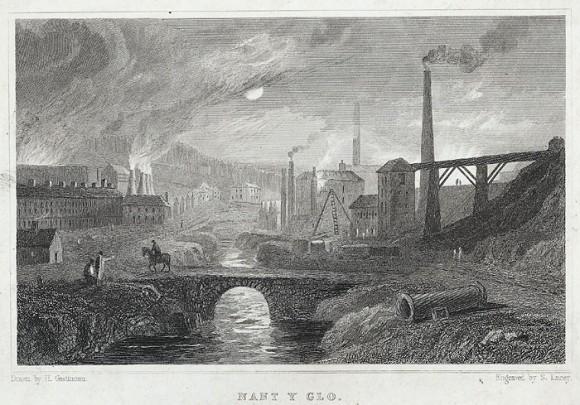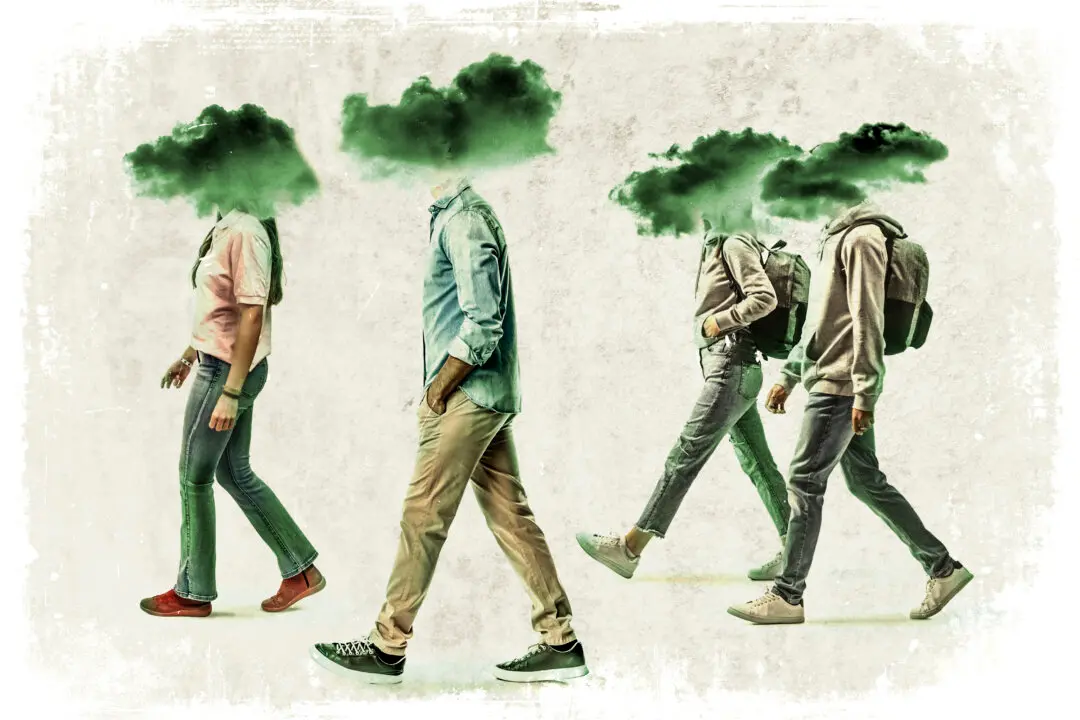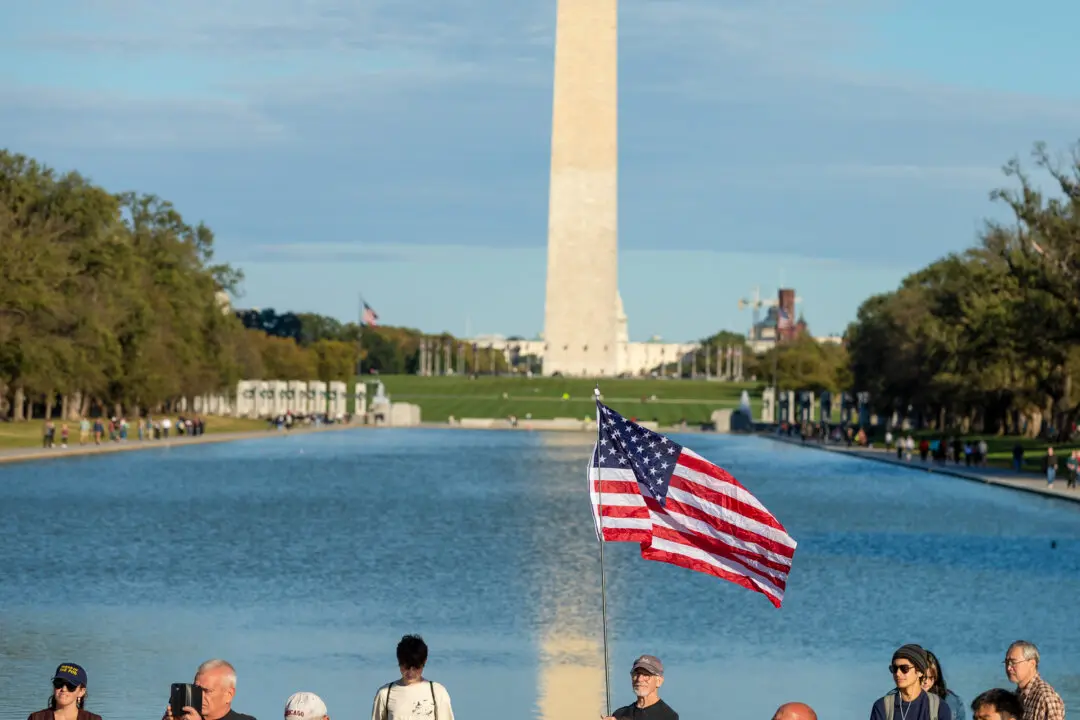There is still serious debate over the existence of man-made climate change and the negative effects of genetically modified crops. But no one can reasonably deny that the air is worse in cities than in the countryside; the reason for the high incidence of asthma in urban areas is not a mystery. The decline in the quality of water is also easily perceived—science is not needed to make these observations.
Poetry, at its best, tries to tackle such pressing issues. By tackle, I do not mean come up with some formula for clean energy, but rather raise awareness about the problem and inspire those who may come up with such a formula, or encourage those who have the means to contribute to protection of the environment.
We look first at one of the earliest environmentalist poems, in which William Blake (1757–1827) contemplates whether Jesus ever visited England. Blake then bemoans the smoggy “clouded hills” and “Satanic Mills” of England during the Industrial Revolution. He asks for celestial weapons that will help him metaphorically destroy such industrialization and the greed that spurred it on.
After that, we have a poem by accredited classical poet Dusty Grein. He uses the pantoum form, which means that two lines from each four-line stanza repeat in the next four-line stanza. There is a haunting echo that one can feel when reading it aloud, and the end result is that the first line and the last line are the same. Then, author Pat Brisson of New Jersey offers a snappy but stinging poem on plastic water bottles.
The last two poems, one by Colorado clinical psychologist John W. Steele and the other by short story writer and poet Cheryl Corey, deal with the deep conundrum that the environmental problem presents. Indirectly, these two poems dig deeper for an answer in ways that are not obvious.







